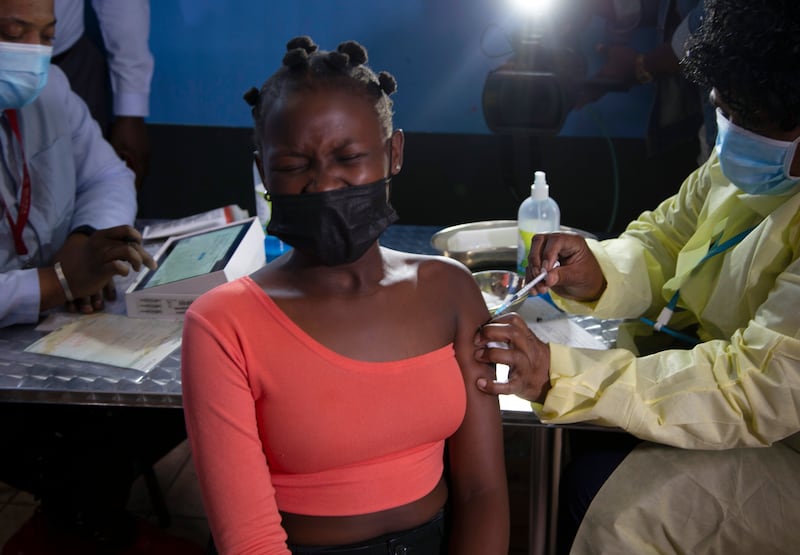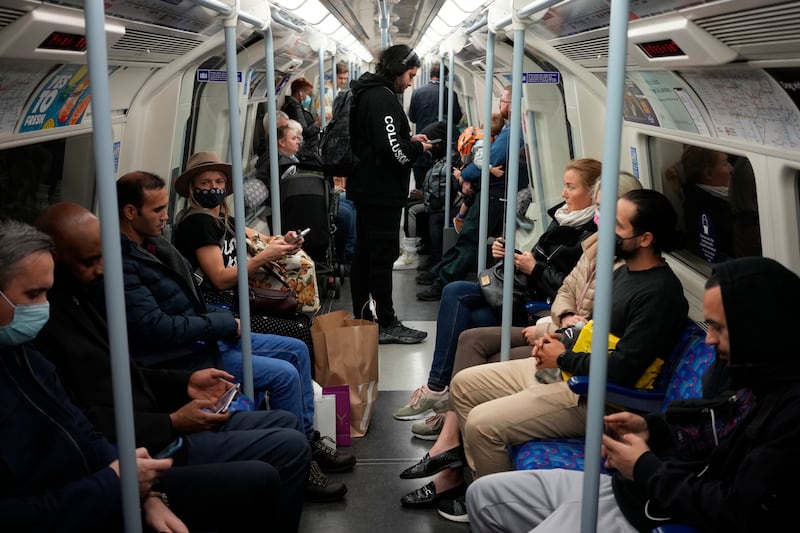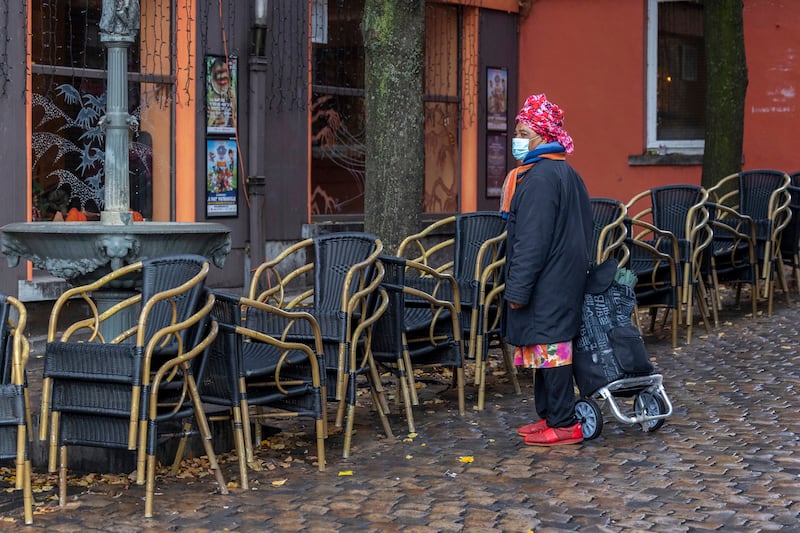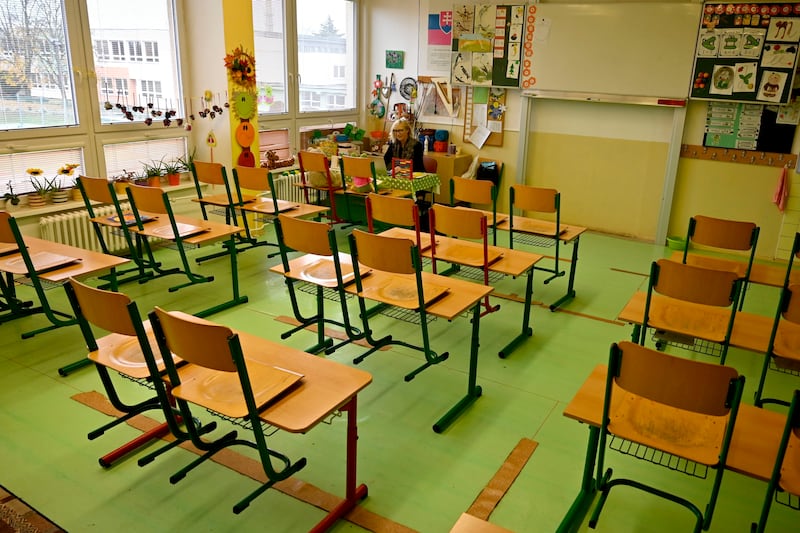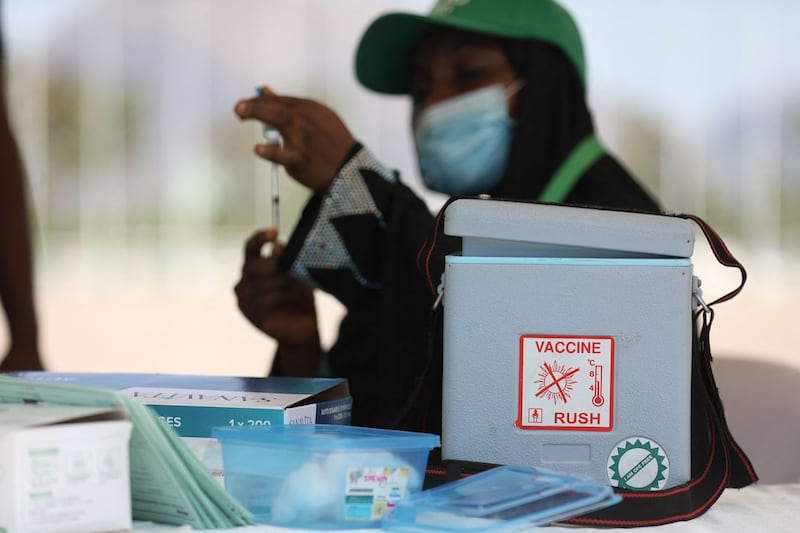The world could experience another pandemic and governments are “dangerously unprepared”, the Red Cross warned on Monday.
More than 6.5 million people have died from Covid-19 during three years of the pandemic, which devastated many of the international community's economic and health sectors. However, state systems are still “severely lacking” a strong response to tackle such crisis.
“As of the time of writing, all countries remain dangerously unprepared for future outbreaks,” the International Federation of Red Cross and Red Crescent Societies (IFRC) said in a report published on Monday. “Despite the Covid-19 pandemic showing the world the importance of being prepared, countries are not ready for another public health emergency.
“The next pandemic could be just around the corner: if the experience of Covid-19 won’t quicken our steps towards preparedness, what will?”
The Red Cross said governments must take action immediately by following a three-point plan: to update pandemic preparedness plans; adopt a new treaty and revised International Health Regulations; and increase domestic health finance by 1 per cent of the gross domestic product and global health finance by at least $15 billion a year.
Climate change is also playing a big role. The organisation predicts health crises linked to climate-related disasters.
“We need to start preparing now, because our world is becoming increasingly hazardous,” said the report. “In 2021, 378 disasters were recorded — not including disease outbreaks — which is higher than the 20-year average of 337 disasters per year.”
Governments worldwide had to deal with hazards such as hurricanes and floods while responding to the Covid-19 outbreak.
Impact of the Covid-19 pandemic will be felt for 'decades to come'

“Much of the increase in hazards is driven by a rise in climate and weather-related disasters,” said the report. “Alongside this, the 21st century has seen a wave of disease outbreaks, of which Covid-19 is just one, albeit the largest.
“Global efforts are needed to help communities become better prepared and to reduce “the burden of suffering and mortality.”
Extreme weather events are growing more frequent and intense, “and our ability to merely respond to them is limited,” said the report.
How to stop the next pandemic
The Red Cross said local communities should be “leveraged to perform life-saving work, as that is where pandemics begin and end”.
One of the main tools to fend off the next pandemic is trust, said the report.
“Preparedness is only effective if founded on trust, equity and local action,” it added. “They are largely being neglected [by the international community] despite being essential for success.”
The international community must not “wait until the next time to build trust”, said the report. It added that consistency was key to building a solid and strong response.
For example, if the public trusted safety messages, they would be willing to comply with public health measures and accept vaccination.
“The world must address inequitable health and socio-economic vulnerabilities far in advance of the next crisis,” the report said.
The Red Cross said “when trust is fragile or lacking, public health becomes political and individualised”.
It added: “In the past years we have learnt that the pandemic both fed on and fuelled political, economic and personal tensions, impairing our ability to respond.”
